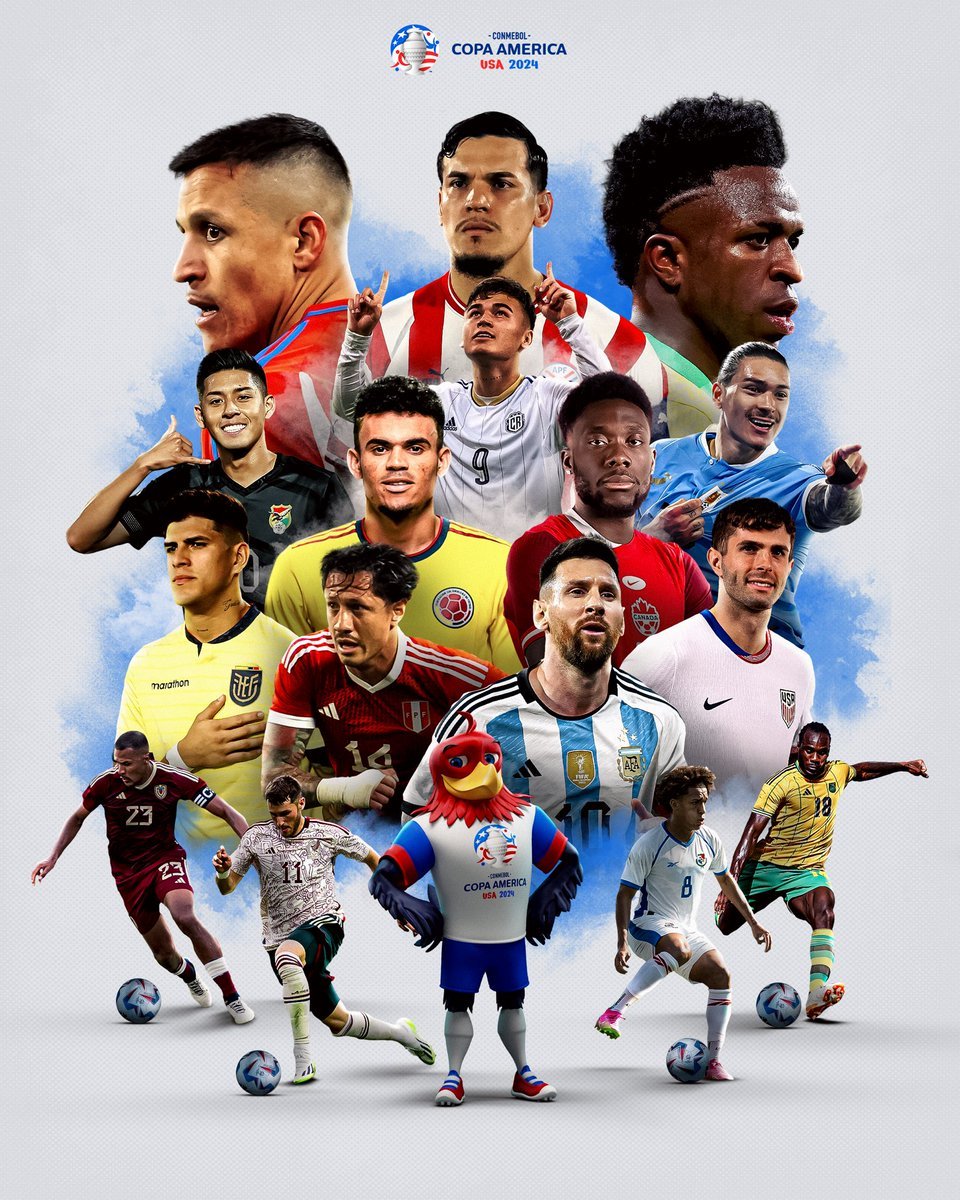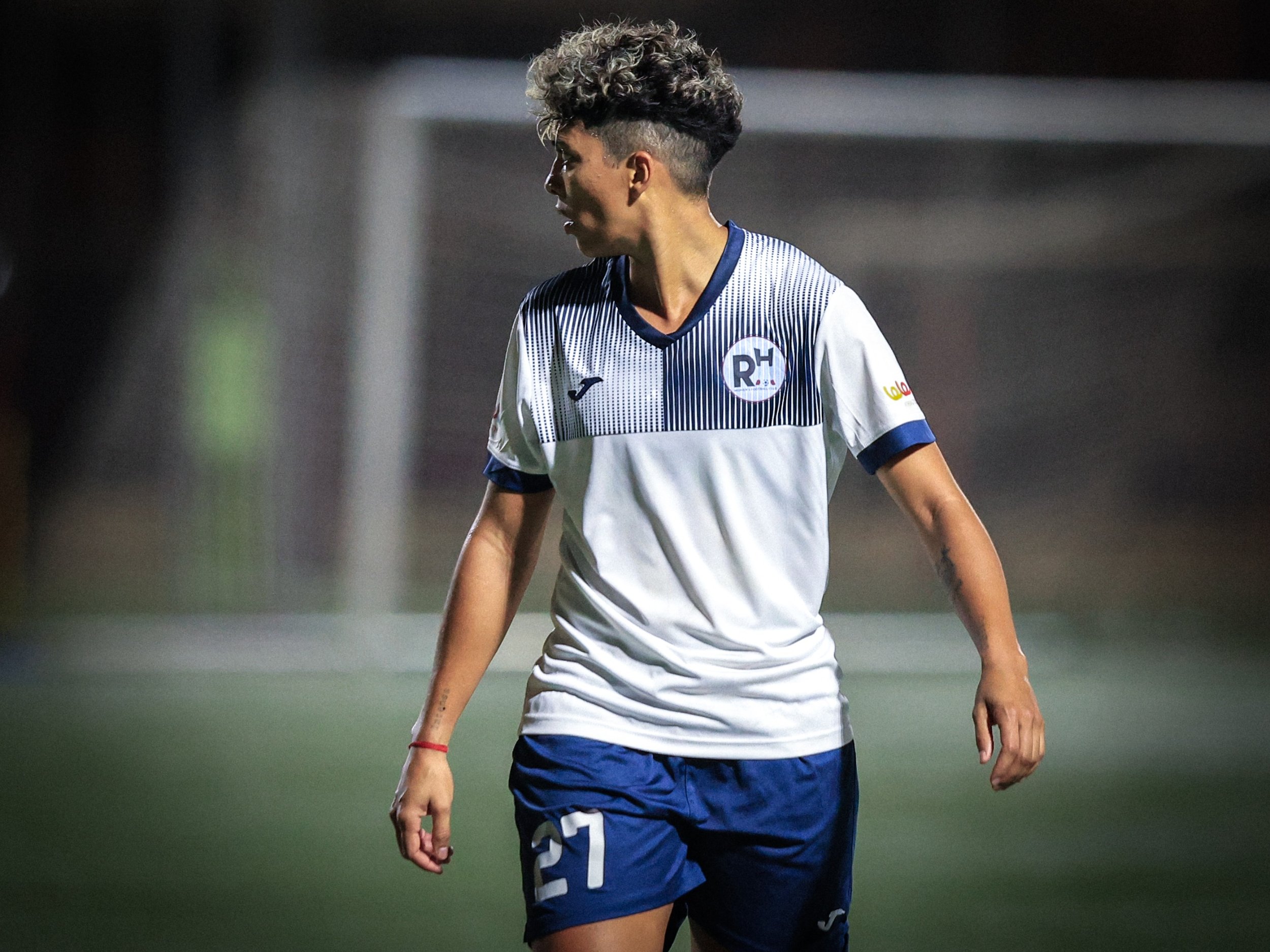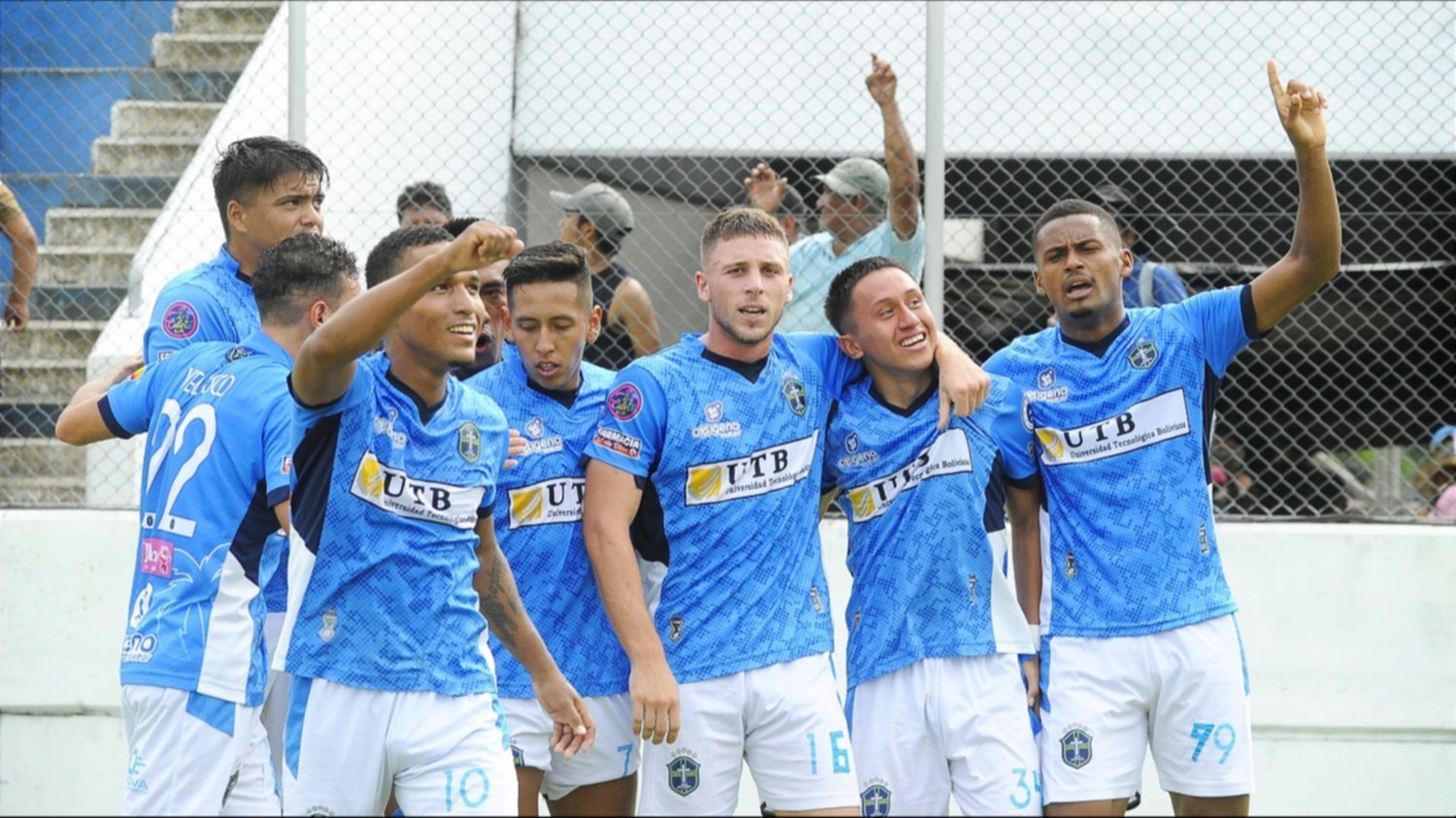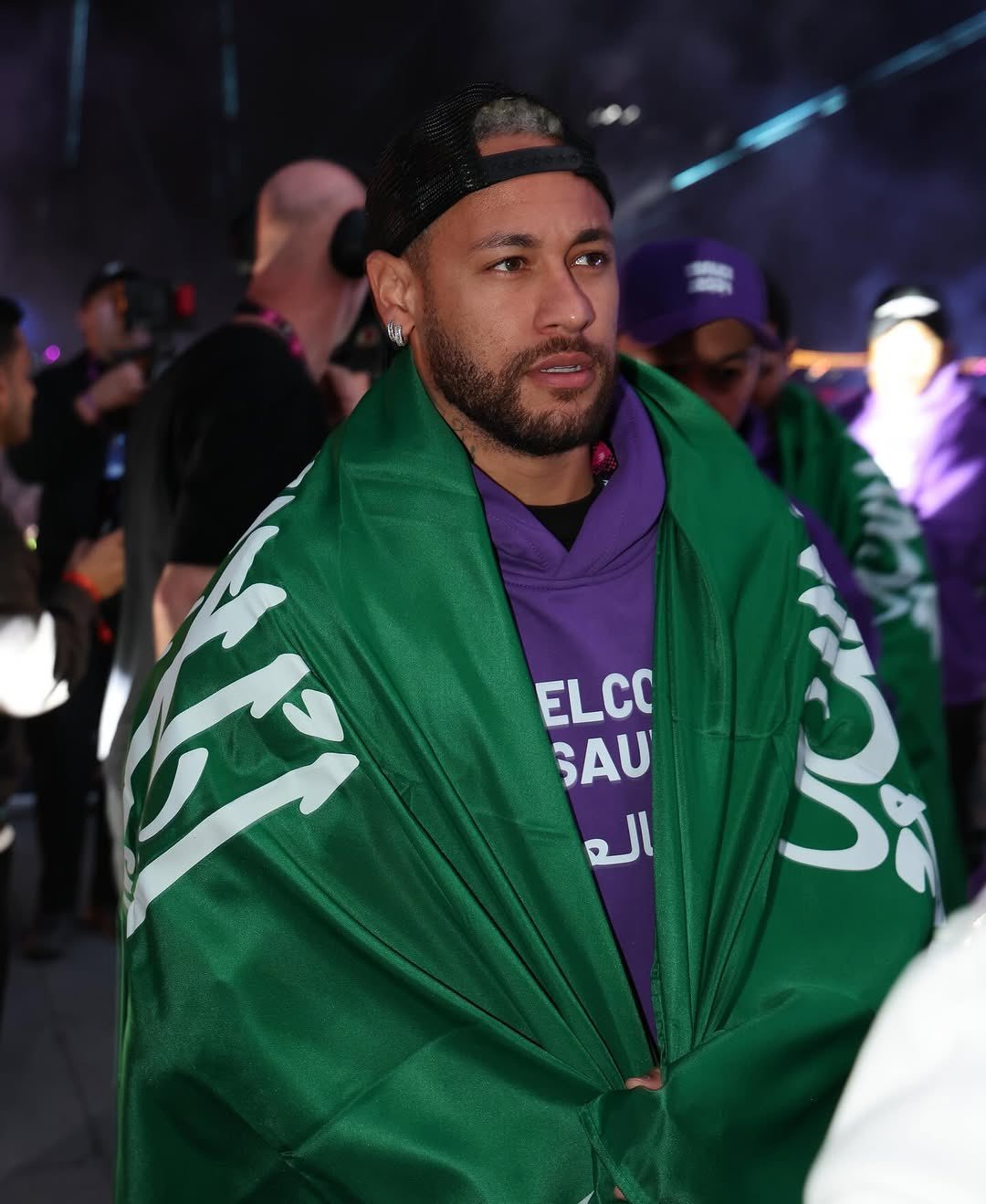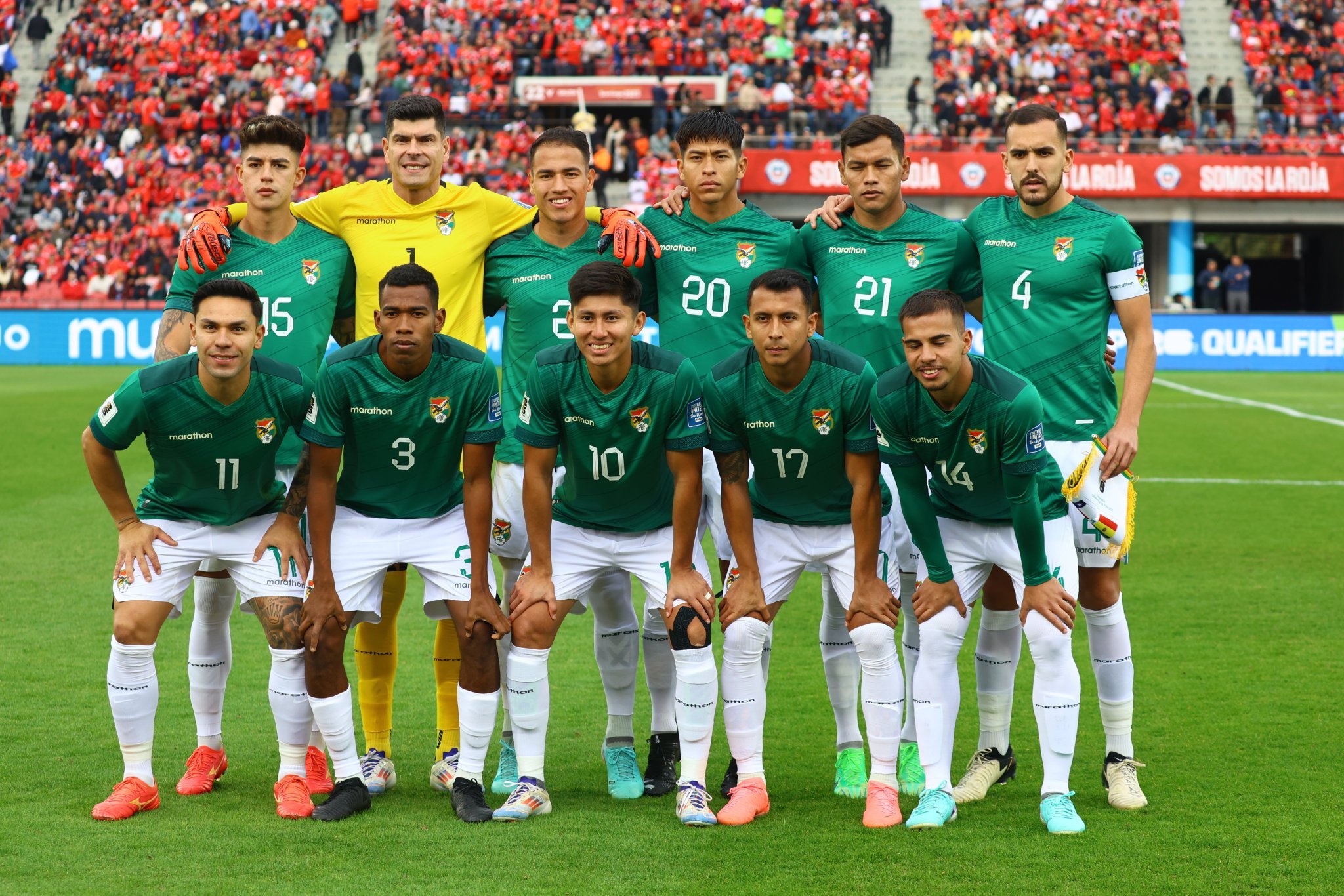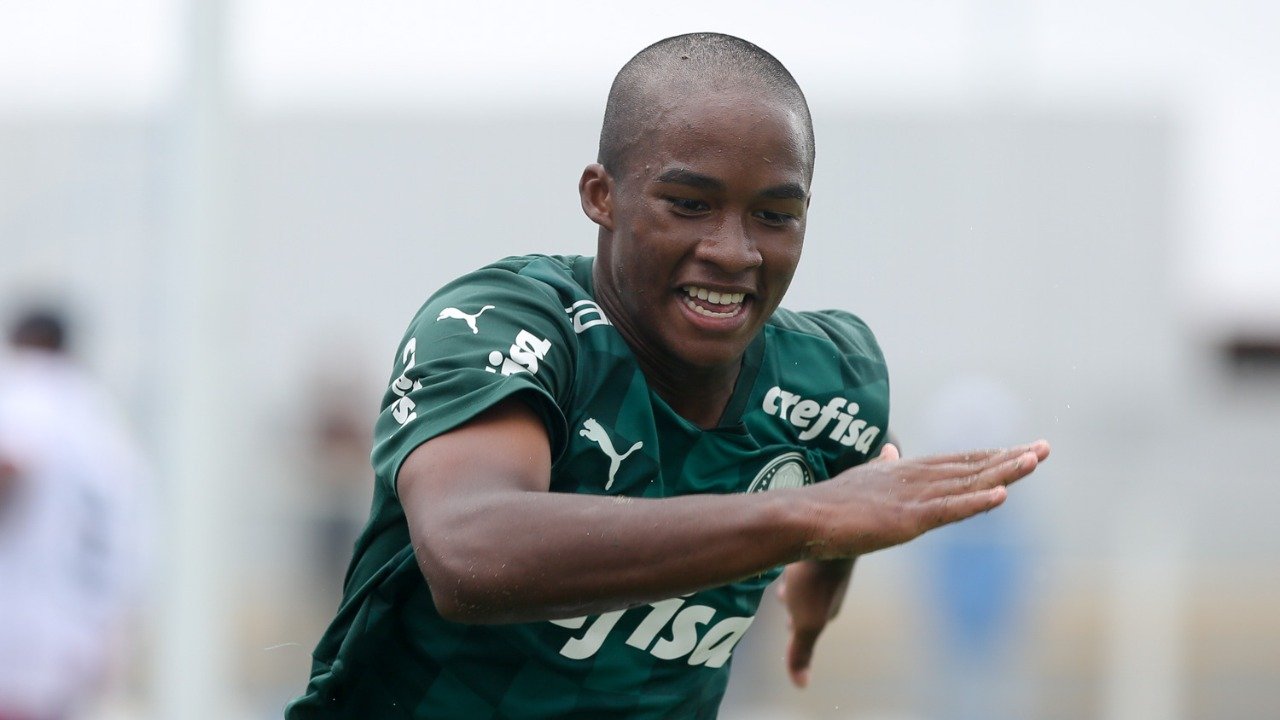Even as the Euros and the Copa America reach their final moments, international football is nowhere near done for summer 2021.
This weekend the 2021 Gold Cup begins, and it is one of the most interesting editions we have had in recent years.
The tournament officially begins on July 10th with El Salvador taking on Curacao. However the second match that night is between Mexico and a nation that has yet to qualify. Mexico will face either Trinidad and Tobago. Cuba has withdrawn from the tournament due to COVID-19 restrictions, while Martinique and Guadeloupe qualified in the last preliminary chance.
Another obscure part of this year's tournament is the inclusion of Qatar - a non-CONCACAF nation. In September 2020 CONCACAF announced that 2022 World Cup Hosts Qatar will participate in the next two editions. This is the first time since the 2005 Gold Cup that non-CONCACAF nations will be participating.
Unlike the Euros and the Copa America, the Gold Cup is happening as originally scheduled. However, COVID-19 has still had a large impact on the tournament. The CONCACAF Nations League and the Tokyo Olympics were postponed until this year which has changed the look of some of the squads. Nonetheless, the tournament is one of the most exciting tournaments in all of football and should bring some real fireworks.
Group A
Group A is a perfect example of that. Mexico is the obvious favourite and looking for revenge after their dramatic loss to the U.S. in the Nations League final in June. While they have changed the squad a little bit, they still retain their strong core with a lot of experience. Mexico already have their eyes on the knockout stages and hopefully, for them, the likes of Hector Herrera and ‘Chucky’ Lozano can power them to a second consecutive Gold Cup triumph.
The other two qualified teams are probably going to be in a head-to-head fight for second place. Hugo Perez’s El Salvador has a new look to them, courting a few dual-nationals to strengthen the squad such as Josh Perez, and Eriq Zavaleta. However, they don't have the “star power” of Cuco Martina or the Bacuna brothers. This makes the opening match of the tournament all that more important. The last team to qualify will probably finish last without putting up much of a fight but it’s always hard to tell with this tournament.
Group B
Group B appears to be much less competitive than Group A with the USMNT and Canada heavy favourites. Like Group A, the fourth team has yet to qualify. It will most likely be Haiti who was another surprise package back in 2019 beating Canada in the quarterfinals to make it to their first-ever semi-finals. However, after a tough and disappointing qualifying process, they aren’t expected to make too much noise at this year’s tournament.
Martinique is the heavy underdogs of this group but has given both the USMNT and Canada problems in past editions. However, they have a very weak squad considering how strong their potential starting XI could be.
Lastly in Group B, we have two superteams. The United States men national team is coming off an uplifting Nations League win but have left almost everyone from that squad at home to get ready for the upcoming European season. The squad is a mix of youth and experience and only 4 non-MLS players. They will get through the Group Stage with ease but the knockout rounds will be a big test for Gregg Berhalter. On the other hand, Canada has something to prove. This is the strongest Canadian side we have seen in years and it is young. Even with Jonathan David missing this new wave of Canadian talent at home and abroad is something to admire. Hopefully, we don’t get disappointed like in years past.
Group C
Group C has arguably the most balanced group. Suriname has finally been able to convince some of its many talented dual-nationals to represent them and it has given them a very talented squad. It will be their first time participating since 1985 and will try and prove themselves as a force in the region. Jamaica is another great example of what a strong diaspora can do to an international football team. Leon Bailey, after years of arguing with the Jamaican Football Association, is finally a consistent member of the set-up and bolsters one of CONCACAF best nations. Strong at the back and up top don’t be shocked at all if Jamaica makes another run deep into the tournament just as they did in 2015 and 2017.
The third quality squad in Group C is Costa Rica. Even with all the talent and World Cup success, they have had in the last decade they always seem to fall short in the Gold Cup. Even without Keylor Navas they still have a very solid squad. This can be their last chance to win some silverware with their Golden Generation of footballers. The last nation in the group can still be one of four nations but with Guatemala being the favourites to qualify they don’t seem to be able to make too much noise in this very tight group.
Group D
Group D, like Group C, is also composed of equal quality teams. Grenada will do well to get a point and just like some of the other Caribbean participants will struggle mightily. 2018 World Cup participants Panama have a new-look squad, as many of their core players have retired from the international scene. However, they still have a decent squad and have shown the ability to make a deep run in the Gold Cup.
Honduras is coming off a frustrating Nations League Semi-Final loss to the USMNT and will want to prove that they are still a force in the region after also missing out on Russia in 2018. Alberth Elis is coming off a successful first season in Europe and has the experience of Houston Dynamo duo Boniek Garcia and Maynor Figueroa to help him out. This squad is also a testament to the growing strength of the Honduran Liga Nacional with 15 of the 23 names on the roster being from the country’s top tier.
Lastly, we have first-time entrants, Qatar. Not known for being a footballing nation before 2010 when they won the bid for the 2022 World Cup. Since then their national league and the national team have been on an upward rise. Surprise winners of the Asian Cup in 2019, this year’s Gold Cup will give this nation much-needed experience before their first World Cup appearance in the winter of 2022. Hopefully, Akram Afif will be able to show CONCACAF his talents and take the outsiders deep into the tournament.
Overall we are expecting another very entertaining Gold Cup. The different qualification systems, first-time entrants, and a new wave of dual-nationals should show the rest of the footballing world that CONCACAF is getting stronger as a confederation.




